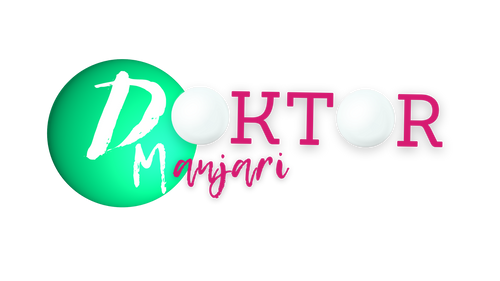Behavioral approaches can be helpful in addressing stress in children by teaching them coping skills and helping them develop positive habits. Here are some behavioral approaches that can be used to tackle stress in children:
Relaxation techniques: Teaching children relaxation techniques, such as deep breathing, visualization, and progressive muscle relaxation, can help them manage stress and anxiety.
Positive reinforcement: Using positive reinforcement can encourage children to develop positive behaviors and habits. Praising children for their efforts and progress can help boost their self-esteem and motivate them to continue practicing healthy habits.
Time management: Teaching children time management skills can help reduce stress and anxiety related to deadlines and schedules. Breaking down tasks into smaller, manageable steps can help children feel more in control and less overwhelmed.
Exercise and physical activity: Regular exercise and physical activity can help children manage stress and anxiety by releasing endorphins, improving mood, and promoting overall health and wellbeing.
Mindfulness: Mindfulness practices, such as meditation and yoga, can help children develop a greater awareness of their thoughts and feelings, and learn to be more present in the moment.
Cognitive-behavioral therapy (CBT): CBT is a form of therapy that helps children identify negative thought patterns and learn to replace them with positive ones. It can be helpful for children experiencing stress, anxiety, or depression.
It's important to work with a mental health professional or healthcare provider to determine the best approach for your child's specific needs. A combination of behavioral and other interventions, such as medication or talk therapy, may be necessary in some cases.
